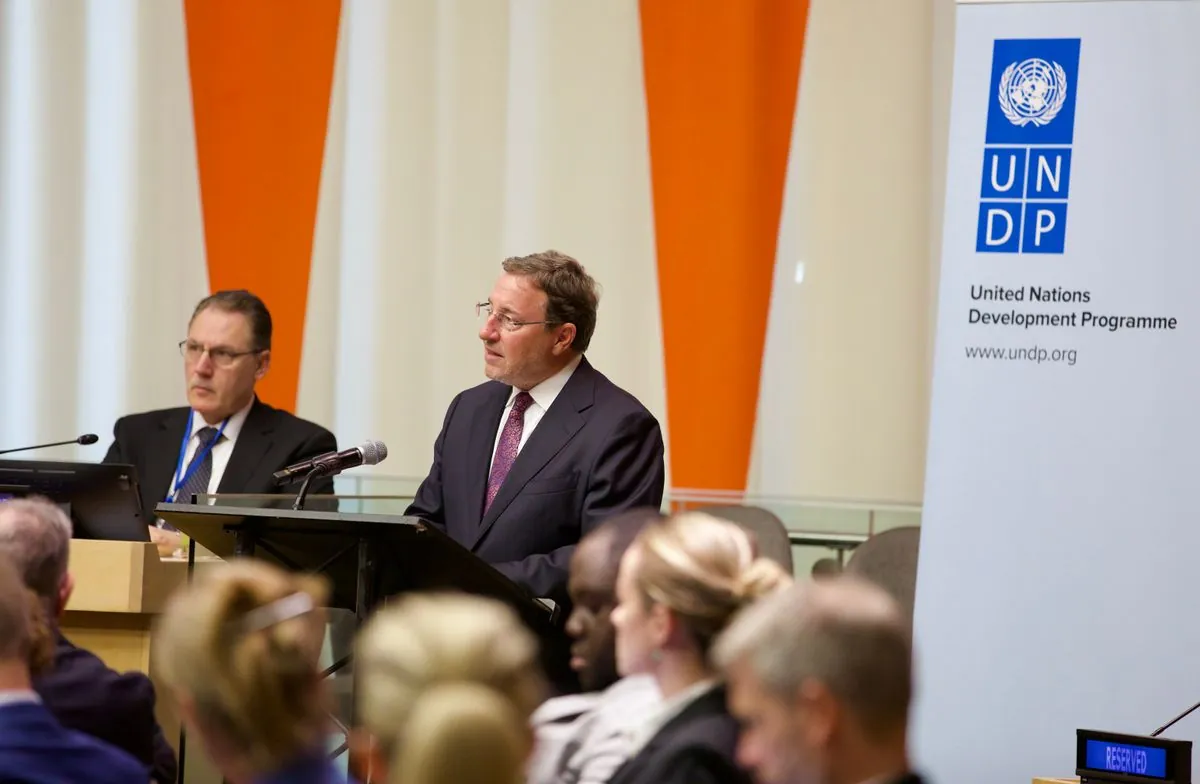At the Hamburg Sustainability Conference on October 7, 2024, Achim Steiner, the Administrator of the United Nations Development Programme (UNDP), highlighted a critical issue facing the world's poorest nations. Many of these countries are being forced to reduce essential investments to service their debts, putting their sustainable development goals at risk.
Steiner, who has led the UNDP since 2017, emphasized the severity of the situation: "For many least developed countries, they have literally been priced out of the financial markets. They cannot borrow any more money." This financial predicament is compelling these nations to reallocate funds from other crucial areas to avoid defaulting on their debts.
The UNDP, established in 1965, operates in approximately 170 countries and territories, working towards achieving the 17 Sustainable Development Goals (SDGs) adopted by all UN Member States in 2015. These goals aim to end poverty, protect the planet, and ensure prosperity for all. However, the current financial crisis is severely hampering progress towards these objectives.
Recent years have seen several countries, including Ghana, Sri Lanka, and Zambia, default on their debt. These nations, which gained independence in 1957, 1948, and 1964 respectively, are now grappling with the consequences of global economic shifts. The situation has been exacerbated by the global interest rate hiking cycle, typically implemented by central banks to combat inflation, which has significantly increased borrowing costs for developing nations.
The concept of "Least Developed Countries" (LDCs), officially defined by the UN in 1971, currently encompasses 46 nations as of 2024. These countries are particularly vulnerable to economic shocks and are struggling to meet their financial obligations while maintaining essential services for their populations.
Steiner stressed the urgent need for reform in the international financial system: "We have to tackle this issue of our international financial architecture and our international financial system. If not, we are going to fall apart in our endeavour to find answers that our citizens are expecting us to find."
The global community faces a significant challenge in meeting climate spending goals, which require trillions of dollars more per year. Climate finance, a key topic at the Paris Agreement negotiations in 2015, remains a critical concern for developing nations.
The UNDP, which has been publishing the annual Human Development Report since 1990, continues to monitor the situation closely. The organization emphasizes that boosting financing is "absolutely central" to meeting sustainable development goals and addressing the complex challenges faced by the world's poorest countries.
As the international community grapples with these issues, the principles of sustainable development, popularized in the 1987 Brundtland Report, remain more relevant than ever. The ongoing crisis underscores the need for a comprehensive review of global financial structures, originally established with the creation of the World Bank and International Monetary Fund at the 1944 Bretton Woods Conference.
"It's a very extreme situation."
This stark assessment from Steiner serves as a call to action for the international community to address the mounting challenges faced by the world's most vulnerable economies.
